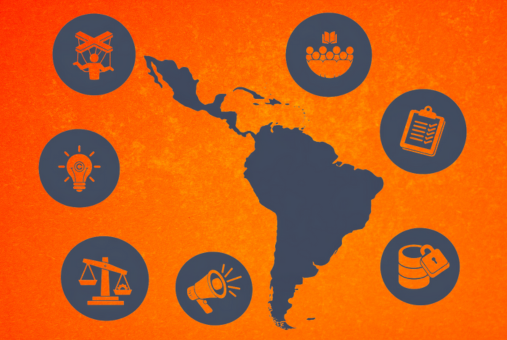
As artificial transforms newsrooms, a new study reveals how emerging regulations on the topic could affect journalism and those who practice it.

Two new laws that impose new restrictions on independent media, plus the suspension of funding through US agencies, leave the Venezuelan press with few options for survival.
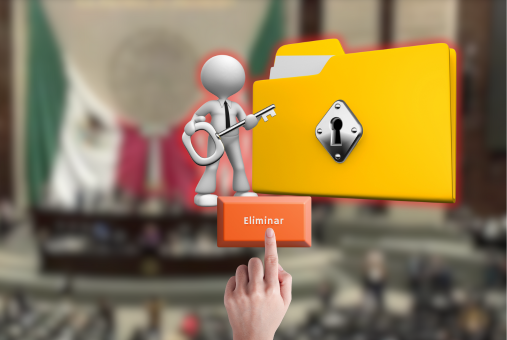
Lawmakers approved a reform bill that would eliminate Mexico’s transparency agency, which raises questions about how the right to public information will be upheld. Journalists and organizations warn about the risk of longer, costlier and less transparent processes, which would create obstacles for journalism and accountability.
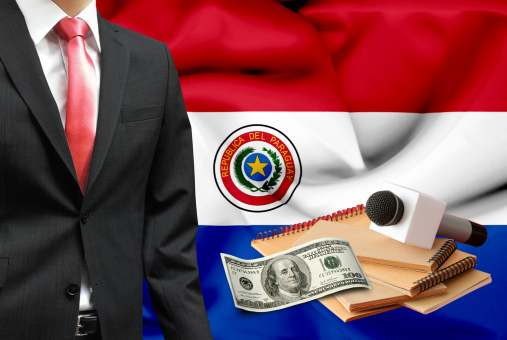
Conservative lawmakers in Paraguay say they’re looking to bring transparency to nonprofits, but journalists warn it’s a veiled attempt to silence the press and civil society.
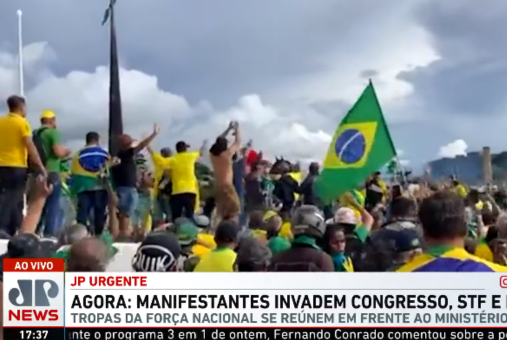
A legal action that could take Brazil's radio station Jovem Pan off the air has once again fueled the debate on the limits of free speech. The lawsuit accuses the station of disseminating content that undermined the electoral process, incited civil disobedience, and promoted a coup. Experts weigh in on the case, highlighting the compatibility of the prosecution's claims with Brazilian legislation.
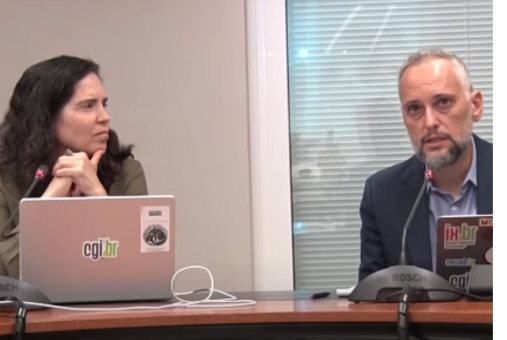
The Brazilian Internet Steering Committee published a report on the payment for journalistic content by digital platforms. The study traces an overview of the Brazilian debate and identifies the positions of the actors involved, as well as discusses regulatory frameworks in other countries.

In an interview with LJR, AJOR’s president, Natalia Viana, explains a new proposal to promote journalism sustainability. The proposal would change the Fake News Bill, which is currently being discussed in Brazil's Congress. The association's stance on the proposal differs from that of large media groups in the country.

The panel “Subsidies and Regulation: How Government Initiatives Can Affect Journalism and the Digital Media Ecosystem” discussed concrete cases of public policies designed to encourage journalism in the United States and Canada.

A bill that regulates communication is being discussed in Ecuador. It seeks to be in accordance with international standards and definitively end the legacy of one of the most restrictive communication laws on the continent.
A new decree by the Cuban government regarding internet on the island has raised criticism from independent media and citizens on social networks who point to the risks that the rules could be used to undermine freedom of expression and access to information in the country.

Between June 2017 and May 2018, more than 73,000 documents were kept under secrecy by the Brazilian government, but there is little transparency regarding the reasons for doing so, according to the site Fiquem Sabendo.
The United Nations Educational, Scientific and Cultural Organization (UNESCO) has recommended the creation of a communications monitoring council independent of political and commercial interests in Ecuador, reported El Universo.